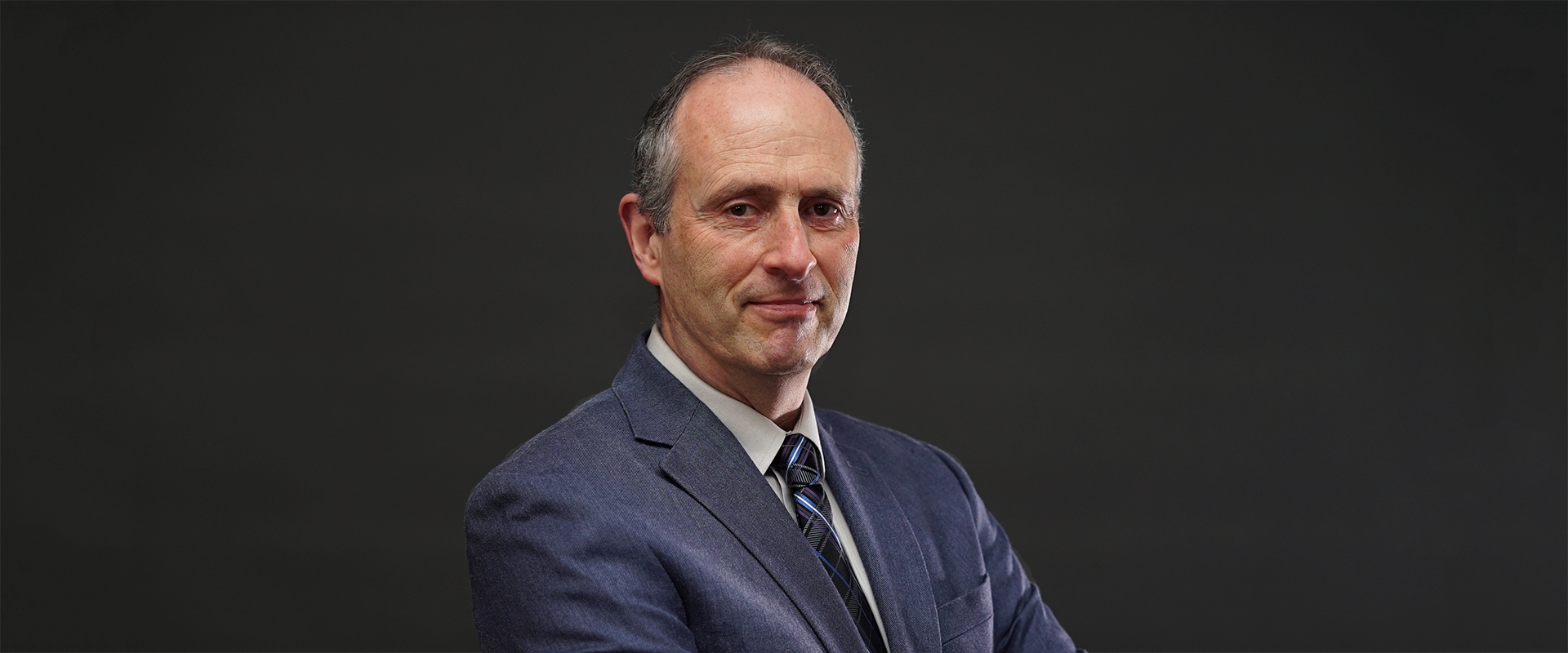David Abramson

Clinical Associate Professor of Social and Behavioral Sciences
-
Professional overview
-
Dr. David Abramson is a Clinical Associate Professor at NYU’s School of Global Public Health and the director of the research program on Population Impact, Recovery and Resilience (PiR2). His research employs a social ecological framework to examine the health consequences of disasters, individual and community resilience, and long-term recovery from acute collective stressors. His work has focused on population health consequences, interactions of complex systems, and risk communication strategies associated with hurricanes Katrina and Sandy, the Joplin tornado, the Deepwater Horizon oil spill, H1N1, and Zika, among other natural, technological, and man-made disasters. Before joining NYU’s faculty, Dr. Abramson was the Deputy Director at Columbia University’s National Center for Disaster Preparedness at the Earth Institute.
In 2005 Dr. Abramson launched the Gulf Coast Child and Family Health study, an ongoing longitudinal cohort study of over 1,000 randomly sampled Katrina survivors in Louisiana and Mississippi, which is presently a core research project in the NIH-funded Katrina@10 Program (P01HD082032, NICHD). After Superstorm Sandy he partnered with colleagues at Rutgers University, Columbia University, and the University of Colorado to conduct the Sandy Child and Family Health study, an observational cohort study modeled on the Katrina study. More recently, he was funded by the National Science Foundation and the Robert Wood Johnson Foundation to study the risk salience of an evolving threat, the Zika virus, among the US population in general and among women of child-bearing age. In addition, Dr. Abramson serves on two National Academies of Medicine panels, the Standing Committee on Medical and Public Health Research During Large-Scale Emergency Events, and the Committee on Evidence-Based Practices for Public Health Emergency Preparedness and Response.
Prior to entering the field of public health, Dr. Abramson spent a decade as a national magazine journalist, having worked at or written for such publications as Rolling Stone, Esquire, and Outside magazines, and was a nationally-certified paramedic. He has a PhD in sociomedical sciences, with a sub-specialization in political science, and an MPH, both from Columbia University.
-
Education
-
BA, English (High Honors), Queens College, New York, NYMPH, Sociomedical Sciences, Columbia University, New York, NYPhD, Sociomedical Sciences/Political Science, Columbia University, New York, NY
-
Honors and awards
-
Columbia University Alumni Association Scholarship (2003)Eugene Litwak Prize for best doctoral dissertation proposal, Mailman School of Public Health (2002)Columbia University School of Public Health Alumni Association Scholarship Award (1982)Nyack Hospital Paramedic Program Valedictorian (1989)
-
Areas of research and study
-
Community HealthDisaster HealthDisaster Impact and RecoveryEnvironmental ImpactPopulation HealthPublic Health SystemsSocial BehaviorsSocial Determinants of Health
-
Publications
Publications
Adverse Effects of the Deepwater Horizon oil spill Amid Cumulative Disasters: A Qualitative Analysis of the Experiences of Children and Families
COVID-19 Vaccine Information Seeking Patterns and Vaccine Hesitancy: A Latent Class Analysis to Inform Practice
One year later: What role did trust in public officials and the medical profession play in decisions to get a booster and to overcome vaccine hesitancy?
The influence of risk perception on disaster recovery: A case study of new Jersey families impacted by hurricane sandy
Examining the effects of cumulative environmental stressors on Gulf Coast child and adolescent health
Neighborhood Socioeconomic Status and Women’s Mental Health: A Longitudinal Study of Hurricane Katrina Survivors, 2005–2015
The New York State COVID-19 Healthcare Personnel Study: One-Year Follow-up of Physicians, Nurse Practitioners, and Physician Assistants, 2020-2021
Association between city-wide lockdown and COVID-19 hospitalization rates in multigenerational households in New York City
Association between COVID-19 vaccine hesitancy and trust in the medical profession and public health officials
Determinants of the COVID-19 vaccine hesitancy spectrum
Disasters, Displacement, and Housing Instability: Estimating Time to Stable Housing 13 Years after Hurricane Katrina
Examining the Dose–Response Relationship: Applying the Disaster Exposure Matrix to Understand the Mental Health Impacts of Hurricane Sandy
Factors Related to Self-Reported Distress Experienced by Physicians During Their First COVID-19 Triage Decisions
Hopelessness in New York State physicians during the first wave of the COVID-19 outbreak
Impact of Hurricanes and Associated Extreme Weather Events on Cardiovascular Health: A Scoping Review
Occupational Conditions Associated with Negative Mental Health Outcomes in New York State Health Professionals during the COVID-19 Pandemic
The COVID-19 Healthcare Personnel Study (CHPS): Overview, methods, and preliminary findings
Adverse Physical and Mental Health Effects of the Deepwater Horizon Oil Spill among Gulf Coast Children: An Environmental Justice Perspective
Bowling together: Community social institutions protective against poor child mental health
Differences in post-disaster mental health among Vietnamese and African Americans living in adjacent urban communities flooded by Katrina
Rapid Behavioral Health Assessment Post-disaster: Developing and Validating a Brief, Structured Module
The effects of cumulative natural disaster exposure on adolescent psychological distress
The formation of belief: An examination of factors that influence climate change belief among Hurricane Katrina survivors
Towards integrated modeling of the long-term impacts of oil spills
Framework for a Community Health Observing System for the Gulf of Mexico Region: Preparing for Future Disasters